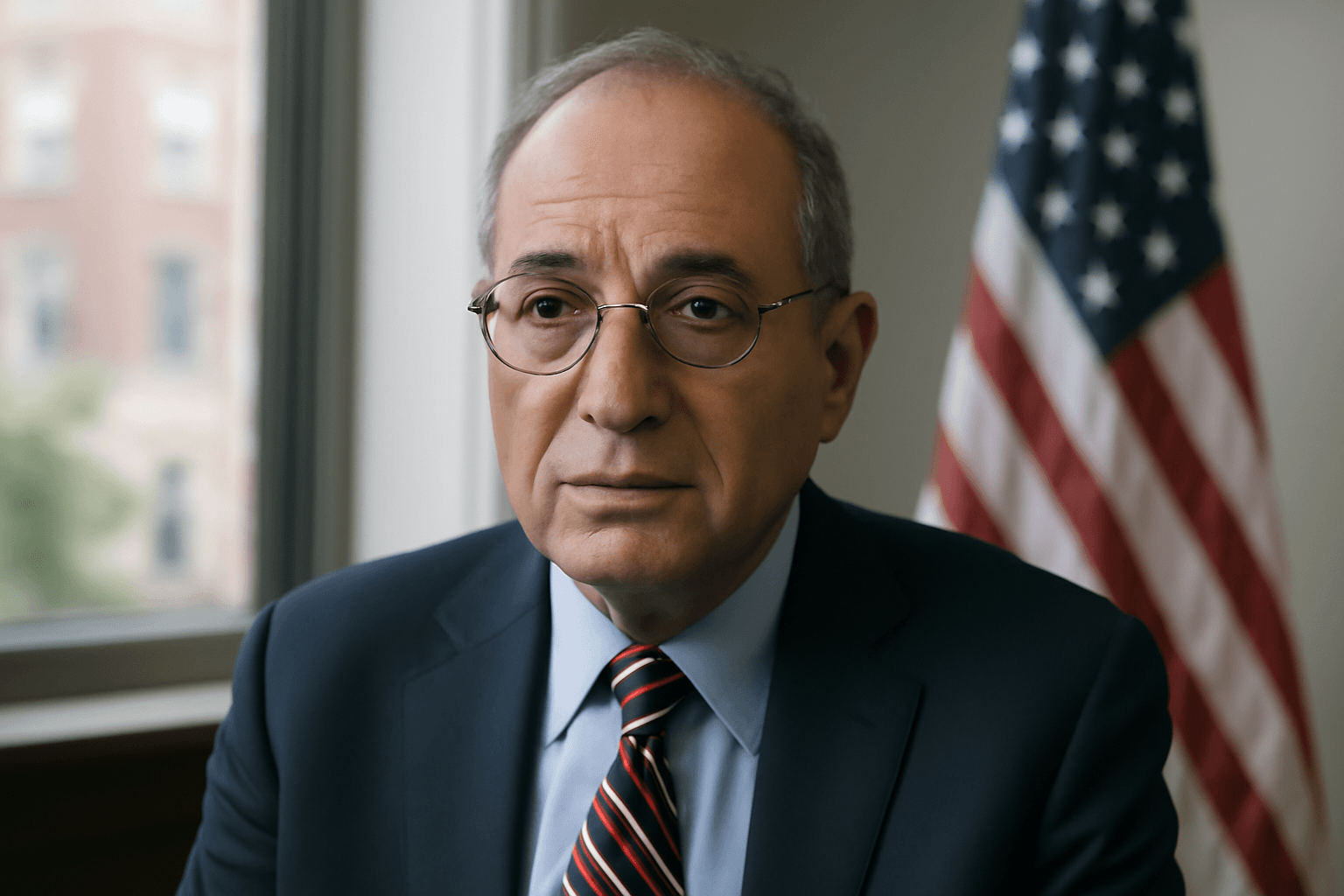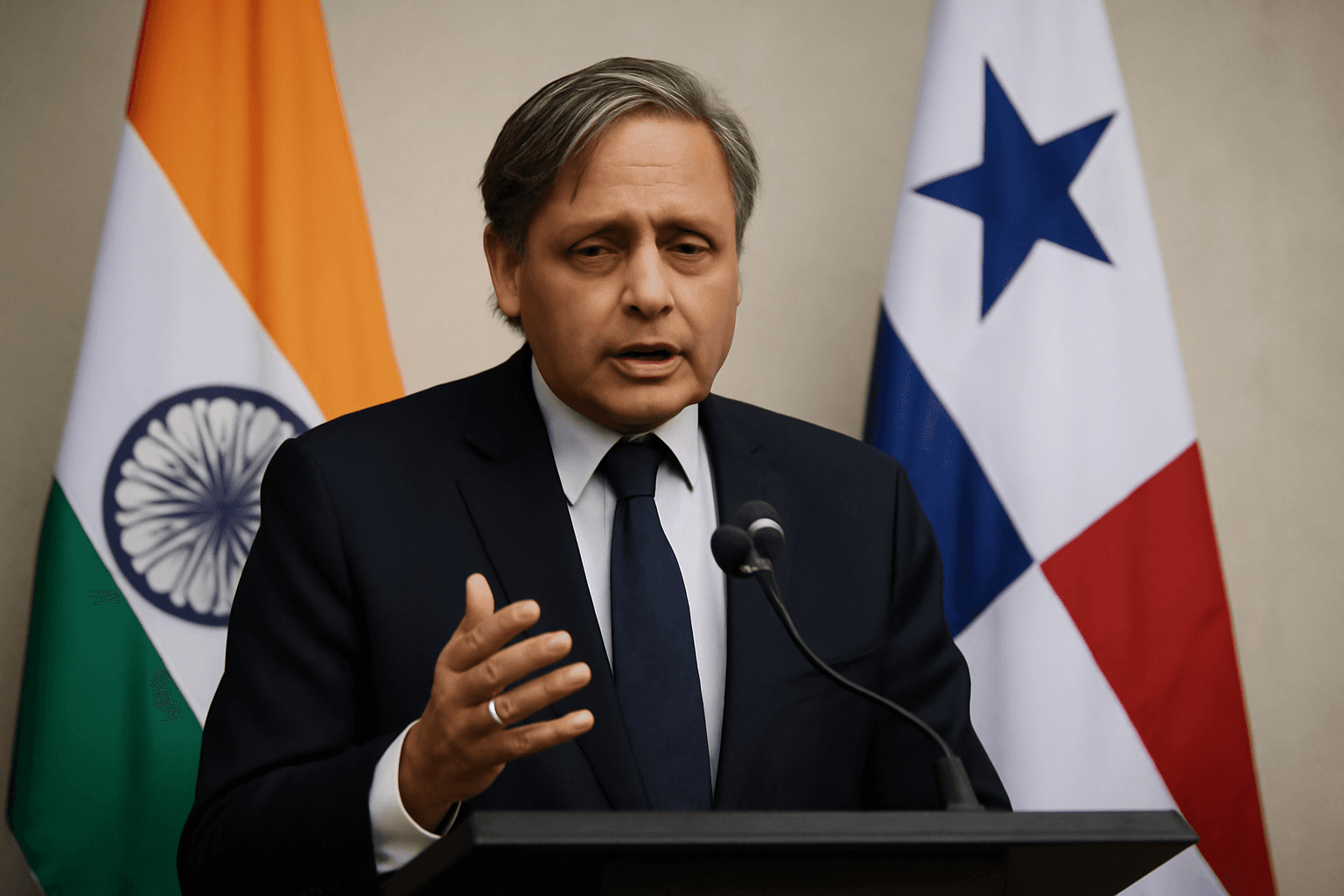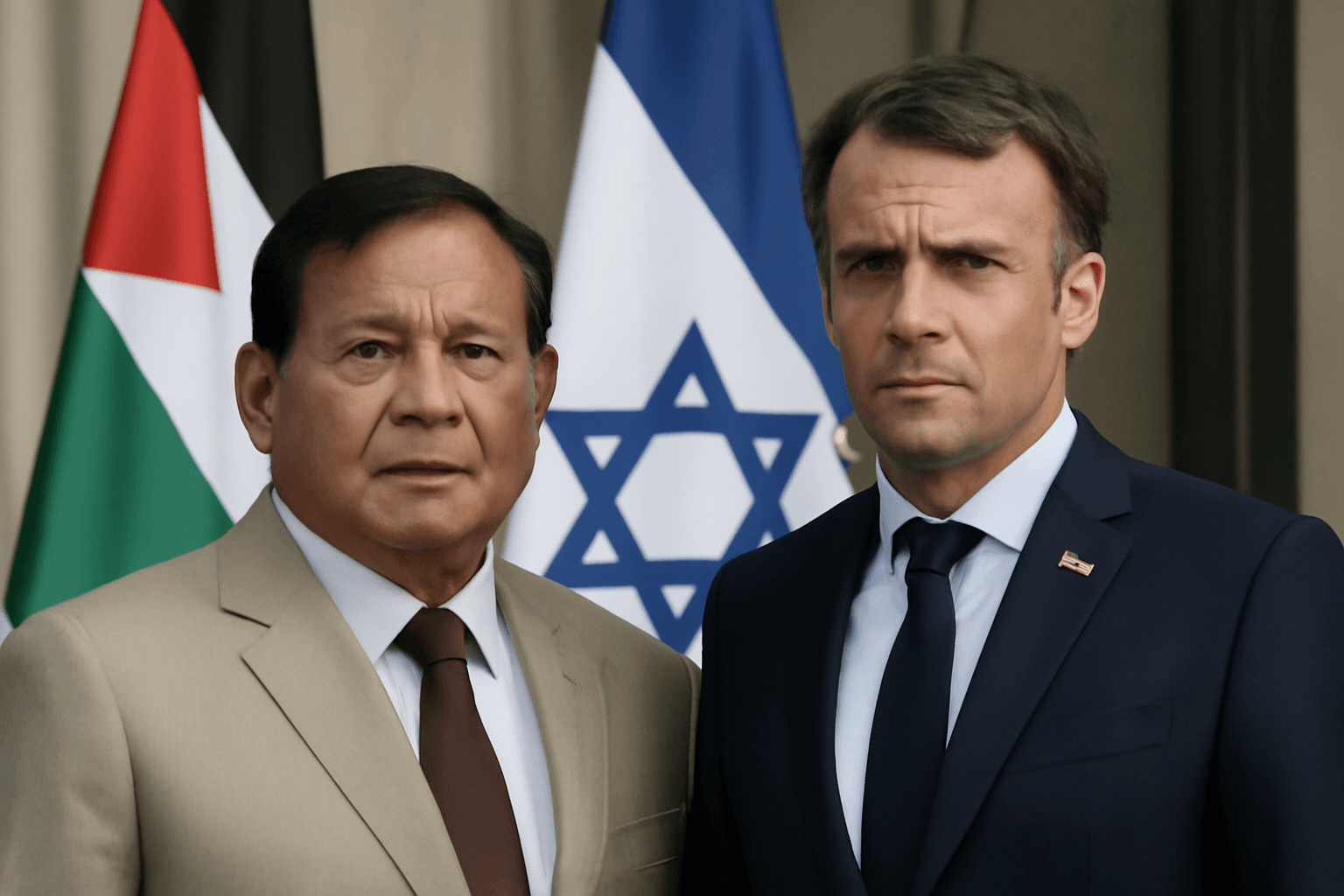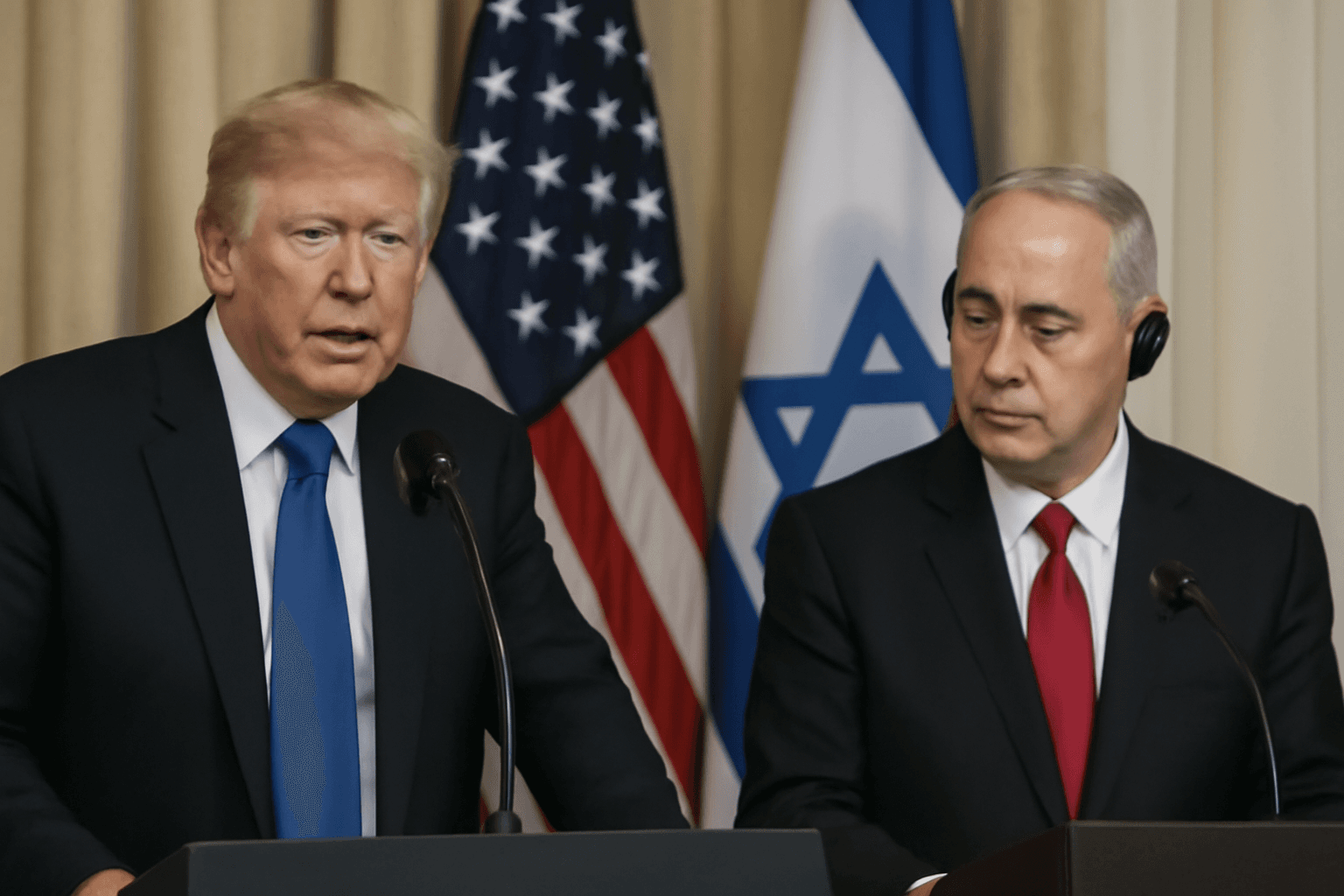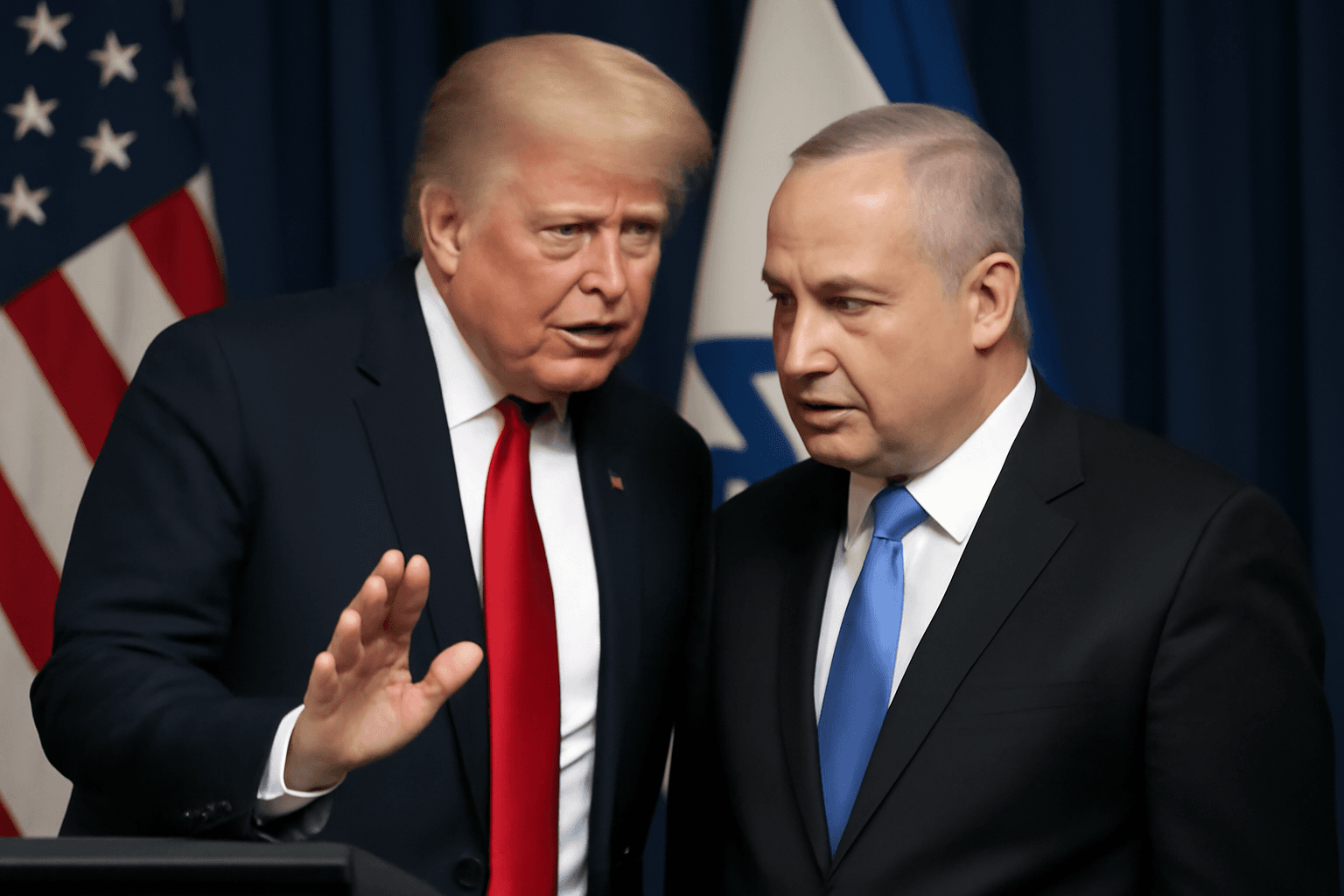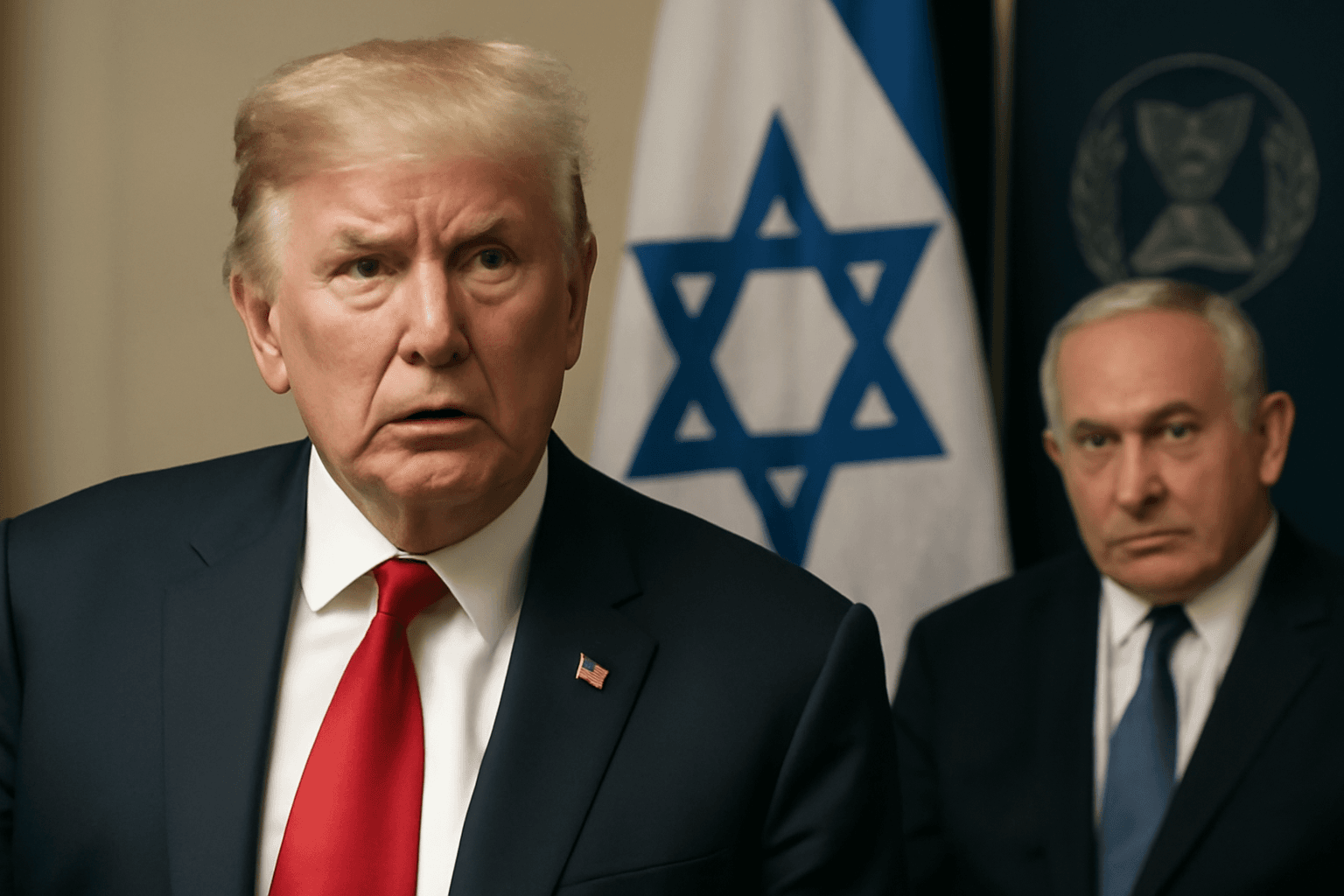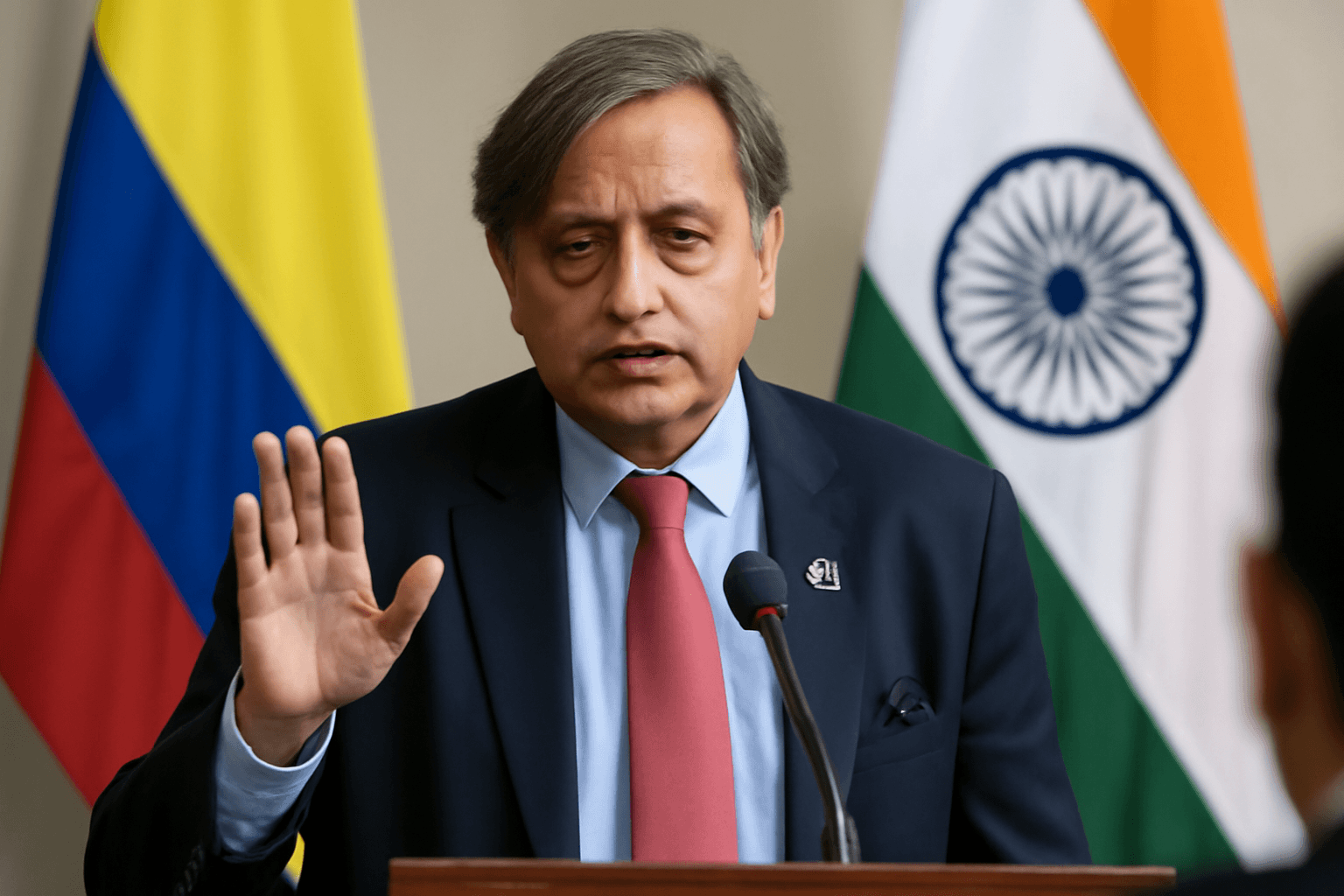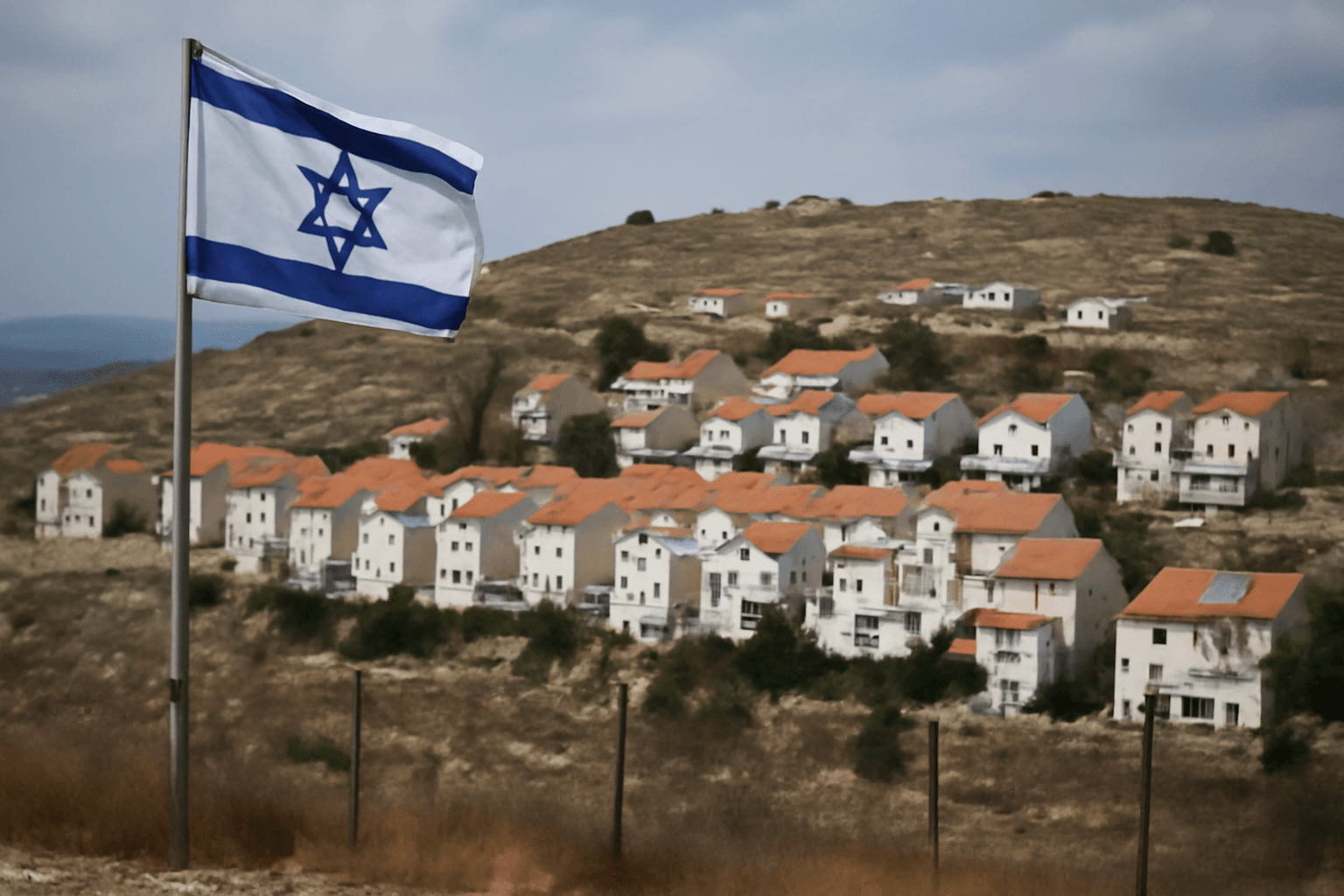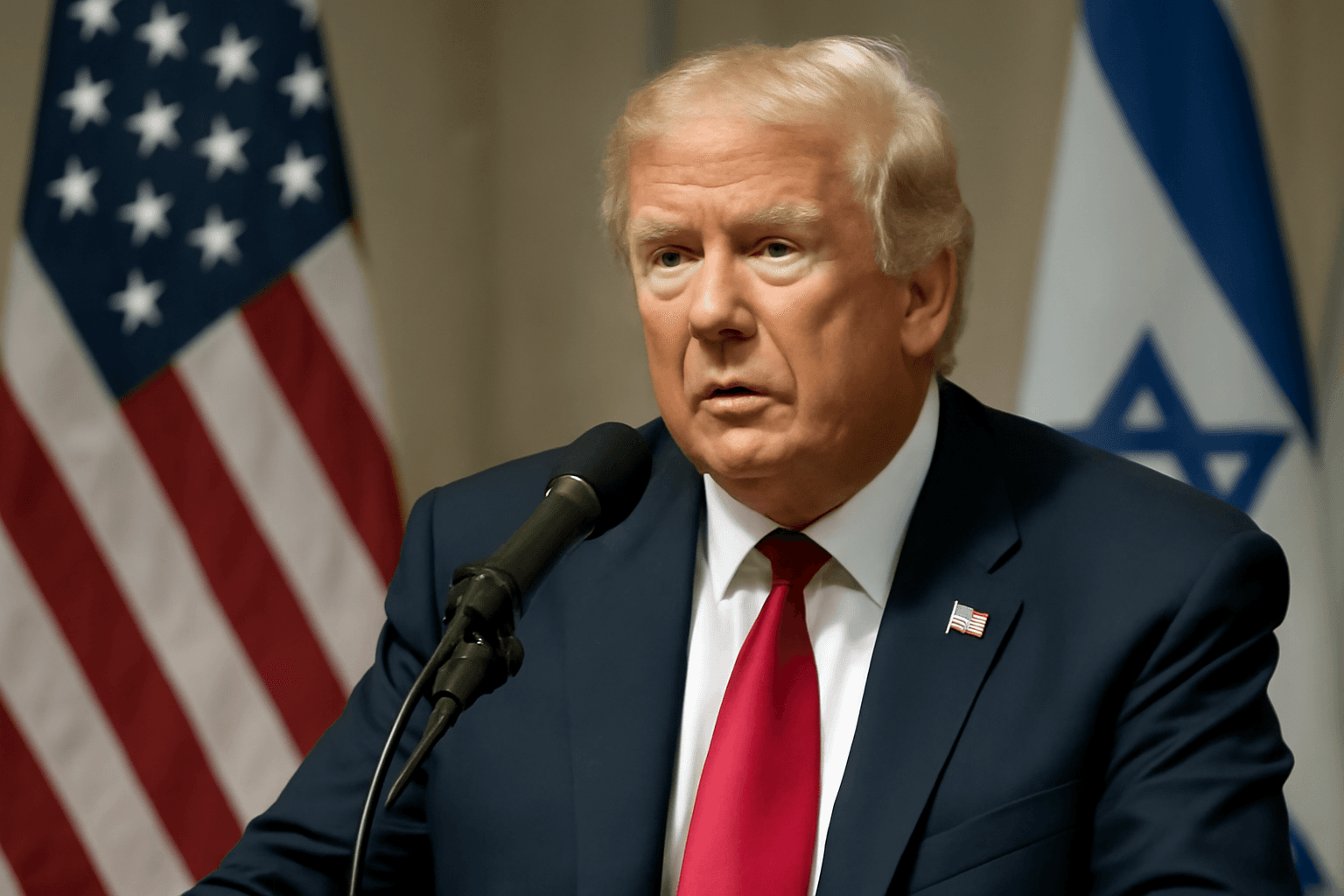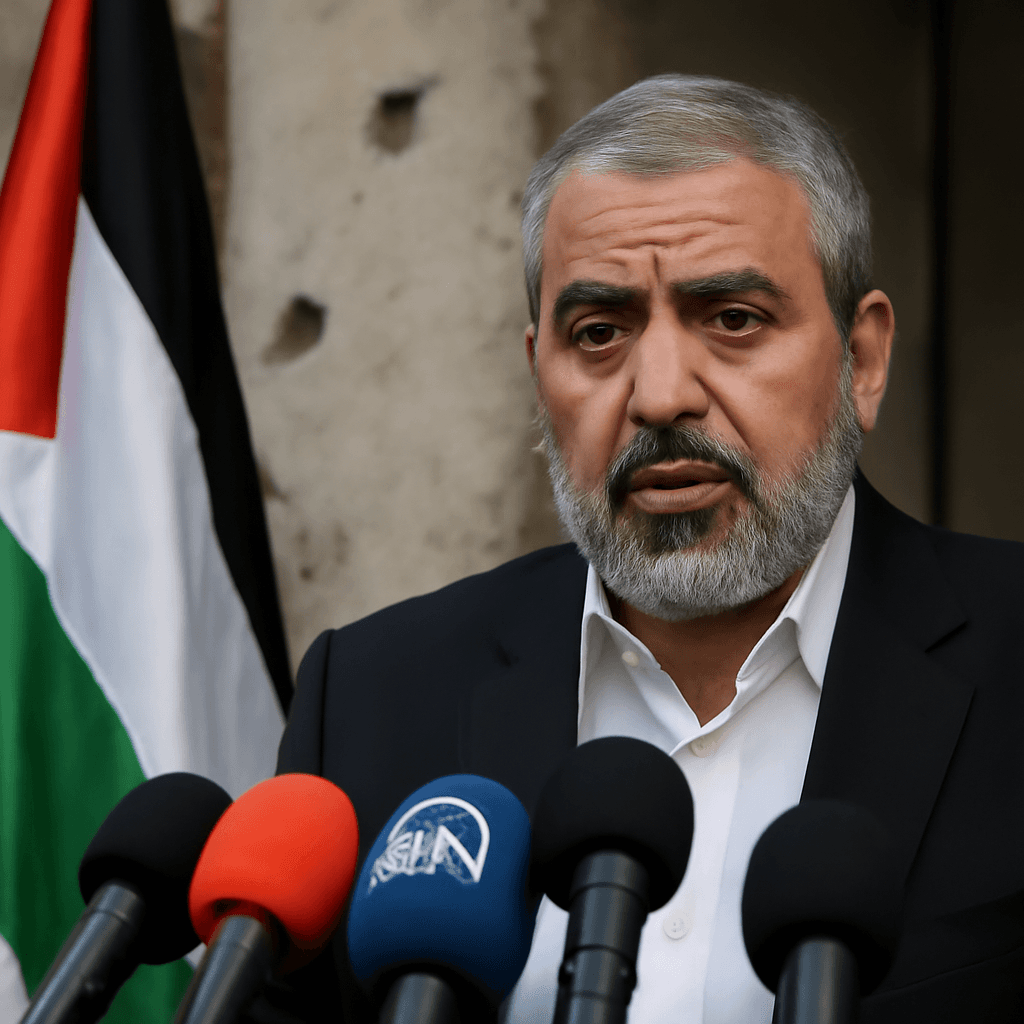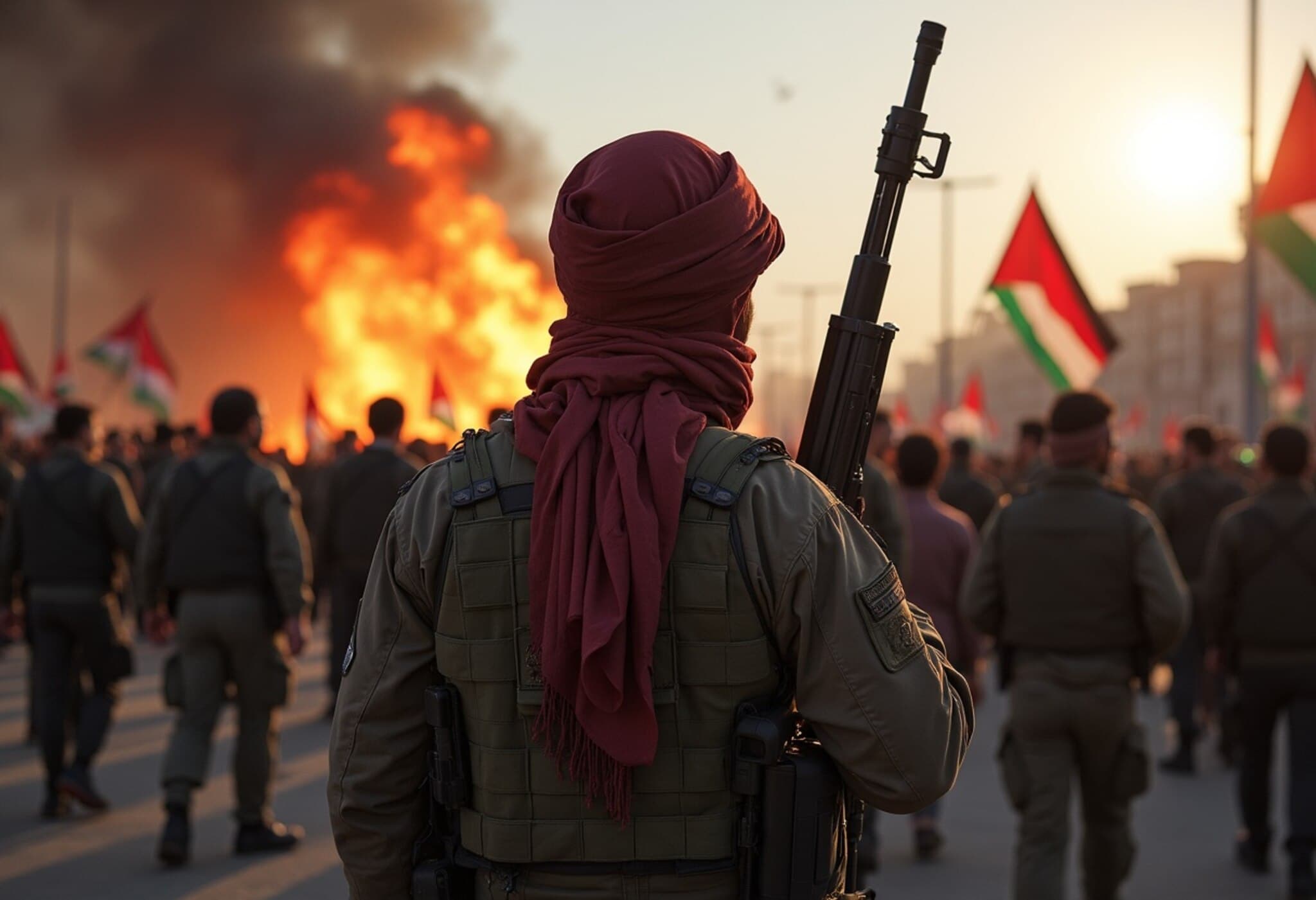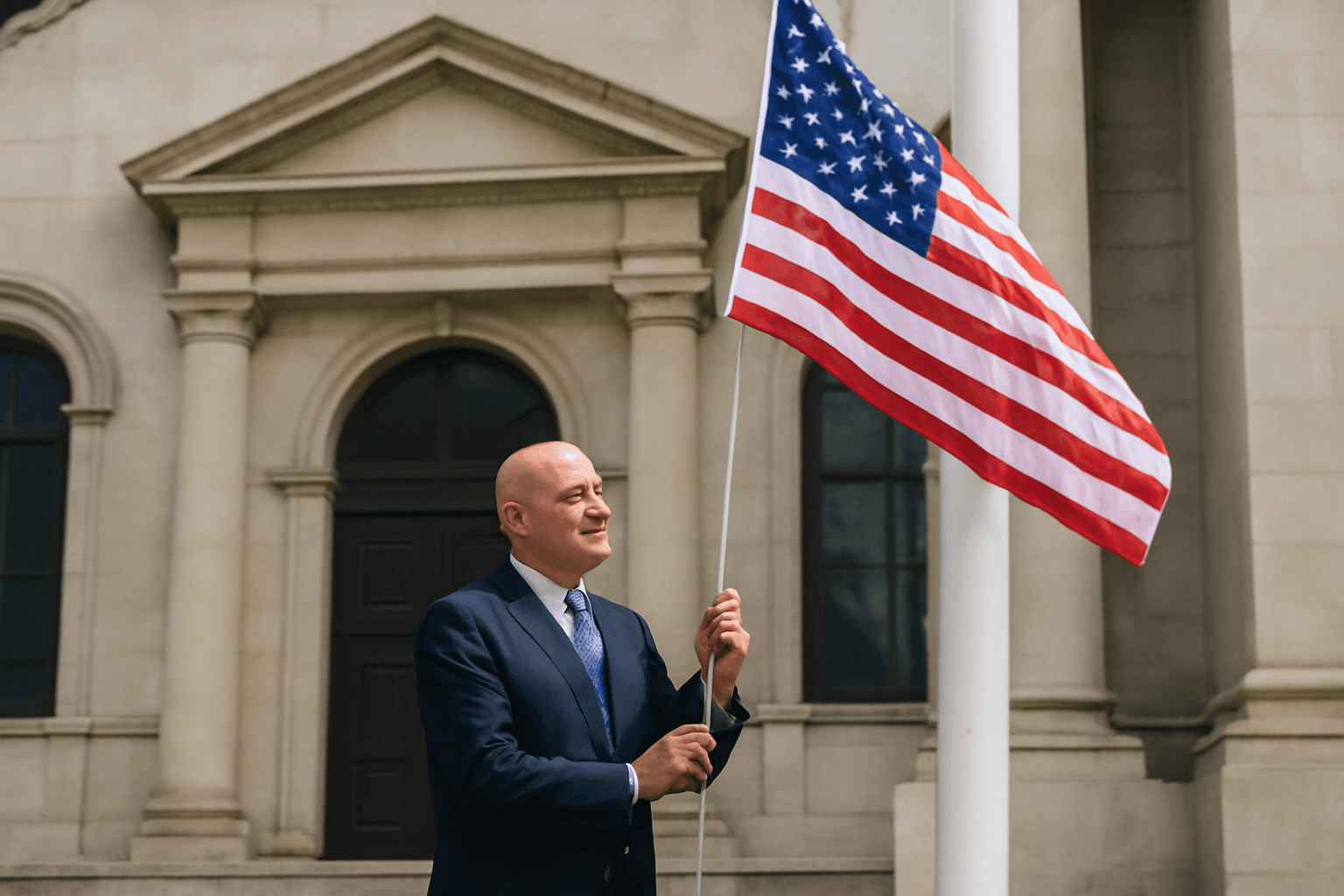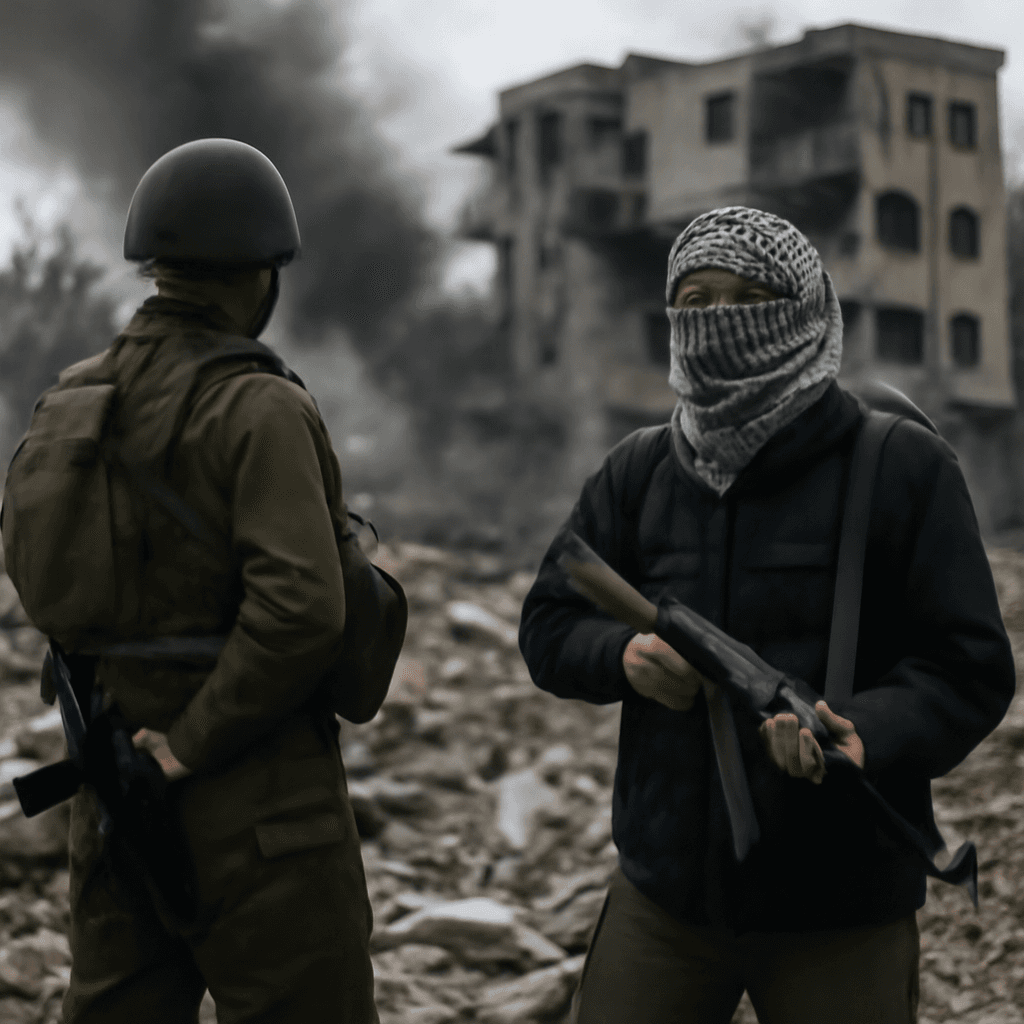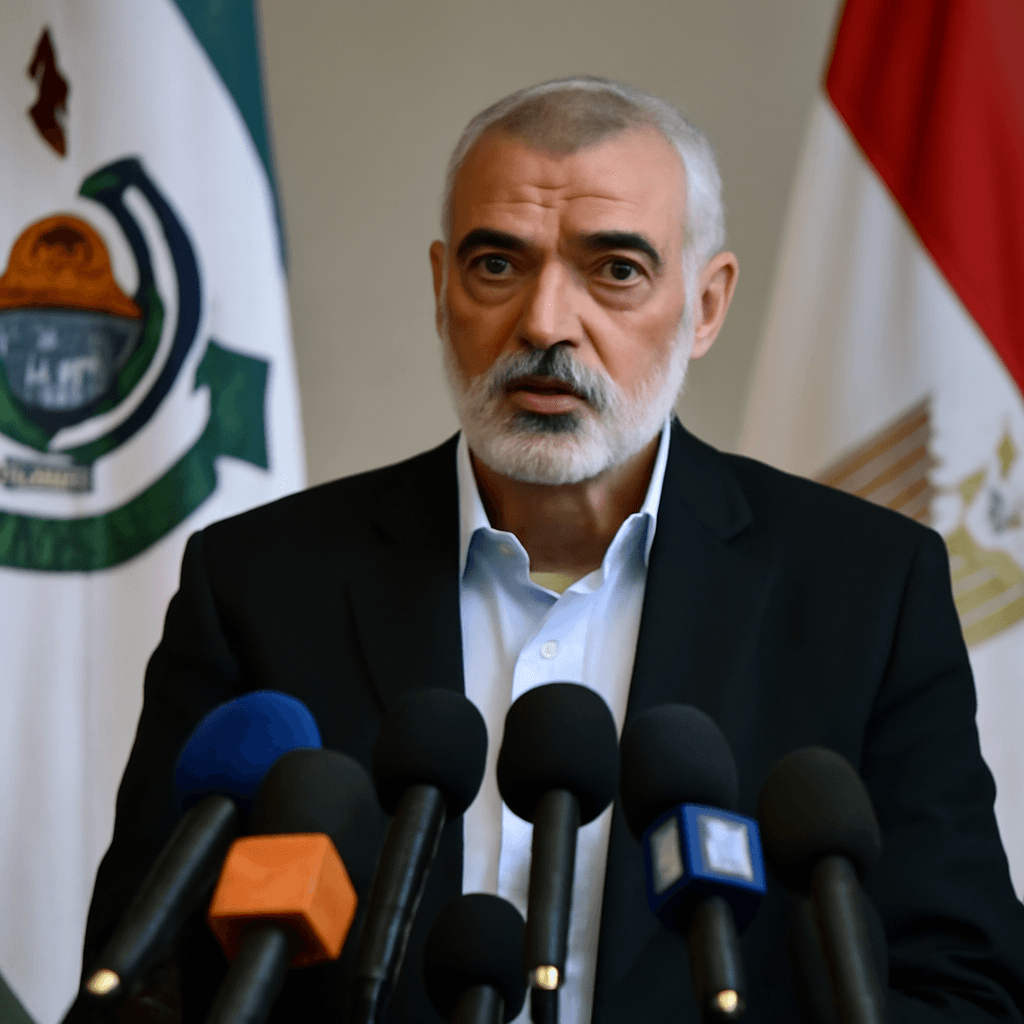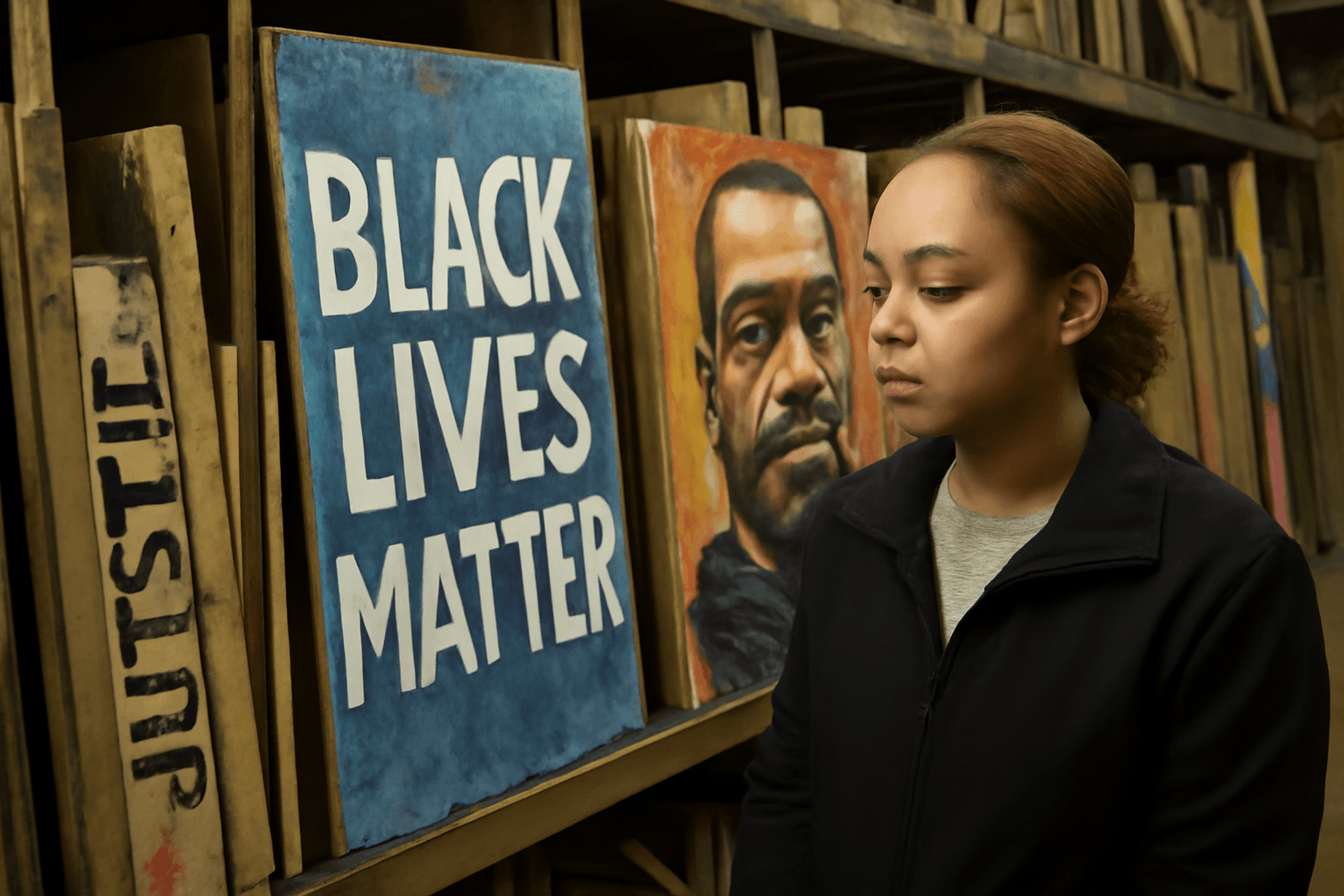A Palestinian-American academic, Bishara Bahbah, has emerged as an influential intermediary facilitating communication between the Trump administration and Hamas to negotiate a ceasefire in Gaza. Although not an official diplomat, Bahbah’s engagement was instrumental in the May 2025 release of a US-Israeli hostage and ongoing negotiations for further prisoner exchanges and temporary truces.
Background and Early Life
Bishara Bahbah was born in 1958 in East Jerusalem during a period when the territory was under Jordanian control. His family, displaced during the 1948 Nakba, eventually settled in the United States in the 1970s. Educated at Harvard University, Bahbah earned a graduate degree in finance and subsequently held a teaching position there, including serving as associate director of Harvard’s Middle East Institute.
Professional and Political Involvement
Bahbah has a diverse background that spans academia, journalism, and diplomacy. He once served as editor-in-chief of Al-Fajr, a Jerusalem-based Palestinian newspaper, and participated as a Palestinian delegate in the 1992-1993 Arab-Israeli peace negotiations. Until recently, he was vice president of the US Palestine Council.
Initially a Democrat, Bahbah publicly distanced himself from the party in 2024, criticizing President Joe Biden’s response to the Gaza conflict. Subsequently, he aligned with the Republican Party and the Trump campaign, founding the political action committees 'Arab Americans for a Better America' and later 'Arab Americans for Trump,' aimed at mobilizing Arab-American support in Michigan.
Role in Diplomacy and Ceasefire Efforts
Bahbah’s political activism extended to direct unofficial diplomacy. After Trump's controversial proposal to expel Gaza’s population to create a "Middle East Riviera," Bahbah rebranded his PAC as 'Arab Americans for Peace.' He also contributed to drafting a historic letter from Palestinian President Mahmoud Abbas to Trump, facilitating the first direct phone call between the leaders.
His diplomatic efforts included mediating a ceasefire in Gaza in January 2025, although the truce was short-lived. In April, Bahbah was enlisted by Hamas official Ghazi Hamad to convey messages to US authorities. This engagement led to covert discussions with Trump envoy Steve Witkoff and the subsequent release of US-Israeli national Edan Alexander in May.
Legacy and Views
Bahbah has consistently identified strongly with his Palestinian heritage. In a 2018 interview, he emphasized his enduring connection to Palestine, noting the registration of his American-born children with the United Nations Relief and Works Agency (UNRWA) as a testament to their Palestinian identity. His transition from the Democratic Party to active involvement with Trump’s campaign underscores his evolving political stance amidst shifting Middle East dynamics.
Bahbah’s unique position as an academic-activist bridging political divides highlights the complex interplay of identity, diplomacy, and grassroots activism shaping the region’s peace efforts.

